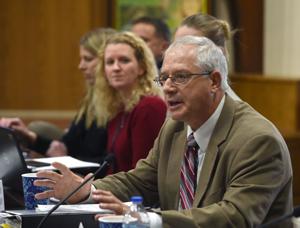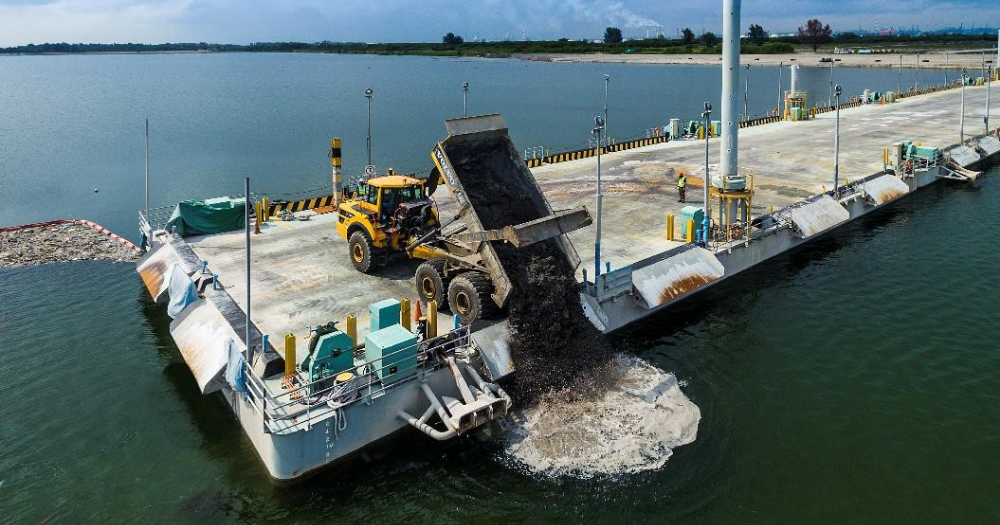
On 9 February 2025, Swiss voters will be asked to decide whether to accept the Environmental Responsibility Initiative. The initiative sets highly ambitious limits to emissions and the consumption of natural resources, defined as planetary boundaries, to be reached within 10 years. There is no detail on how these limits will be reached – see initiative text here .
The Federal Council rejects the initiative , viewing it as a step too far that would bring new bans and restrictions for the economy and the population. Based on a study, the Federal Council said Switzerland would need to reduce its overall environmental impact by around two thirds and cut emissions by nearly 90% to comply with the goal set by the initiative. The concept of planetary boundaries was first proposed Swedish scientist Johan Rockström in 2009.

It contains nine elements: climate change; novel entities; stratospheric ozone depletion; atmospheric aerosol loading; ocean acidification; modification of biogeochemical flows; freshwater change; land system change; biosphere integrity. The elements where we are most in trouble include: novel entities (essentially chemical pollution), biosphere integrity (death and degradation of living organisms), biogeochemical flows (the natural nutrient cycles critical to life) and climate change. On these elements we have already significantly exceeded safe levels – see chart below.
The initiative would require Switzerland to operate within safe boundaries in proportion to its population within 10 years. This week, SRF spoke to a number of Swiss academics to get their views. According to Mathias Binswanger, a professor of economics at the University of Applied Sciences Northwestern Switzerland, even after accounting for technological progress, achieving this goal within ten years is not possible without economic decline.
He also doesn’t believe there would be enough money to finance the transition, describing it as a utopia that only exists in fairy tales. Beat Bürgenmeier, a professor of economics at the University of Geneva, agrees that the initiative’s goals cannot be met within 10 years. However, he does not expect the initiative to be rigourously implemented and thinks it could trigger innovation and accelerate change.
Ralph Winkler, professor of environmental economics at the University of Bern, welcomes the goal of respecting planetary limits. But he does not see this Initiative as a solution. Protecting nature for future generations is already enshrined in the Federal Constitution.
Winkler does not see a need to reformulate this. Instead, he would like to see concrete measures to implement it, something absent from the initiative..















